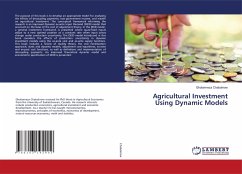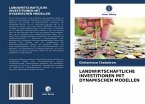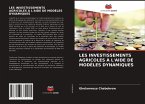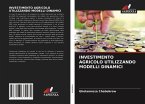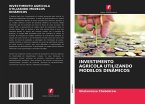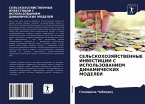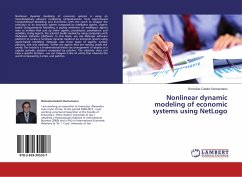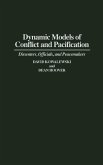The purpose of this book is to develop an appropriate model for analyzing the effects of decoupling payments, non-government income, and wealth on agricultural investment. The conceptual framework informing the research is an improved Dynamic ex-ante Input Demand (DEID) model that was built on the basis of the cost of adjustment theory. In the DEID model, a general investment framework is presented where quasi-fixed inputs adjust to a new optimal position at a constant rate when input prices change under production uncertainty. The DEID model introduced in this book considers the effects of production uncertainty in dynamic investment models using the ex-ante cost and ex-ante supply functions. This book includes a review of duality theory, the cost minimization approach, static and dynamic models, adjustment cost hypothesis, ex-ante and ex-post cost functions, as well as definitions and implementation of decoupling payments. An improved theoretical dynamic model and econometric specification of DEID is presented.

